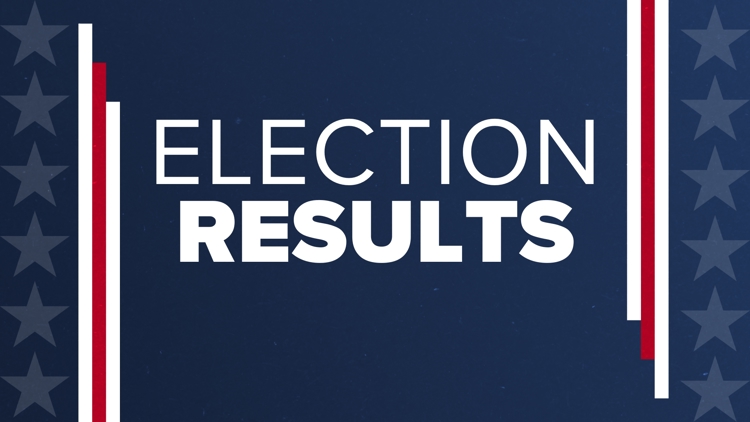DALLAS — One of three controversial Dallas city charter amendments on the ballot after the Dallas HERO group gathered the required signatures would require the city to maintain a police force of at least 4,000 officers.
Dallas HERO is the group behind Dallas charter amendment Propositions S, T and U. They’re one of four petition-driven propositions on the ballot in Dallas. The fourth. Proposition R, which calls for decriminalizing larger amounts of marijuana in Dallas, is not affiliated with Dallas HERO.
Proposition U has two elements -- One would earmark at least 50% of new revenue each year to fund the Dallas Police and Fire Pension. The other would require the city to maintain a force of at least 4,000 police officers and increase starting pay for officers.
Vote totals remain unfinalized, but a slim majority of voters cast their ballot in favor of Proposition U so far, according to the current vote count.
Dallas HERO says on its website that it’s a bipartisan nonprofit organization “that seeks to introduce citizen-powered amendments to the Dallas City Charter.”
But questions have been raised for months about the group’s funders and who’s behind the group. Hotelier, GOP donor and Dallas Express publisher Monty Bennett has admitted to supporting the Dallas HERO initiative financially and with office space.
The group’s leaders say the propositions will increase public safety and accountability in Dallas.
“This is about the people’s will to put propositions S, T, and U, 170,000 Dallas residents, to get that measure on the ballot for better security in Dallas, better accountability in law enforcement,” Dallas HERO executive director Pete Marocco said on Inside Texas Politics.
Current and former city leaders and unions representing the city’s police and firefighters, though, warn the propositions could hurt city finances and, ultimately, residents.
"These items would negatively impact the residents in our city and our department," said Dallas Police Association President Jaime Castro. "It’s clear to us that public safety would not be improved by these charter propositions and they would have the exact opposite effect of what their authors are claiming."



